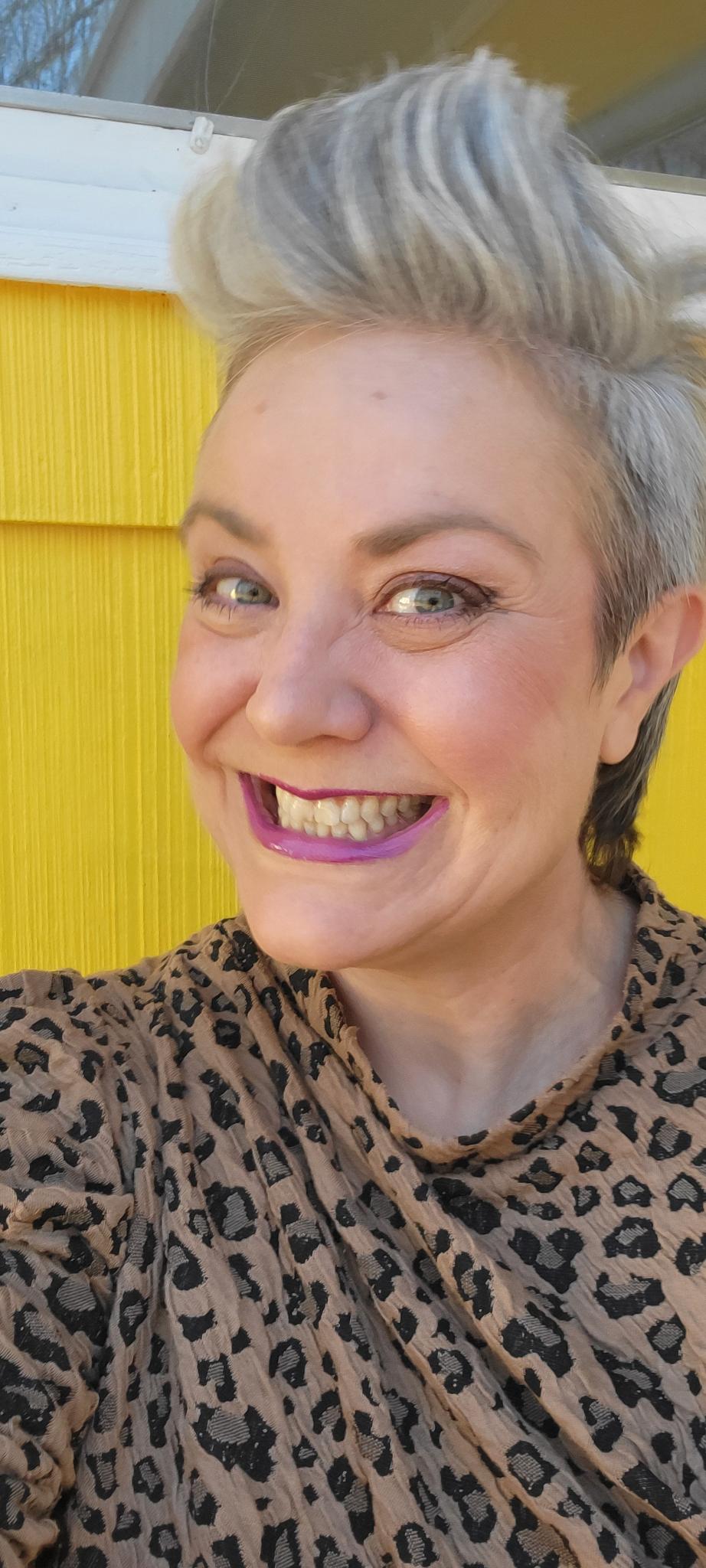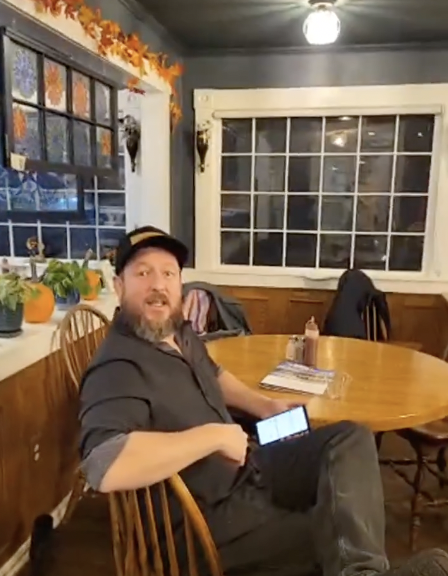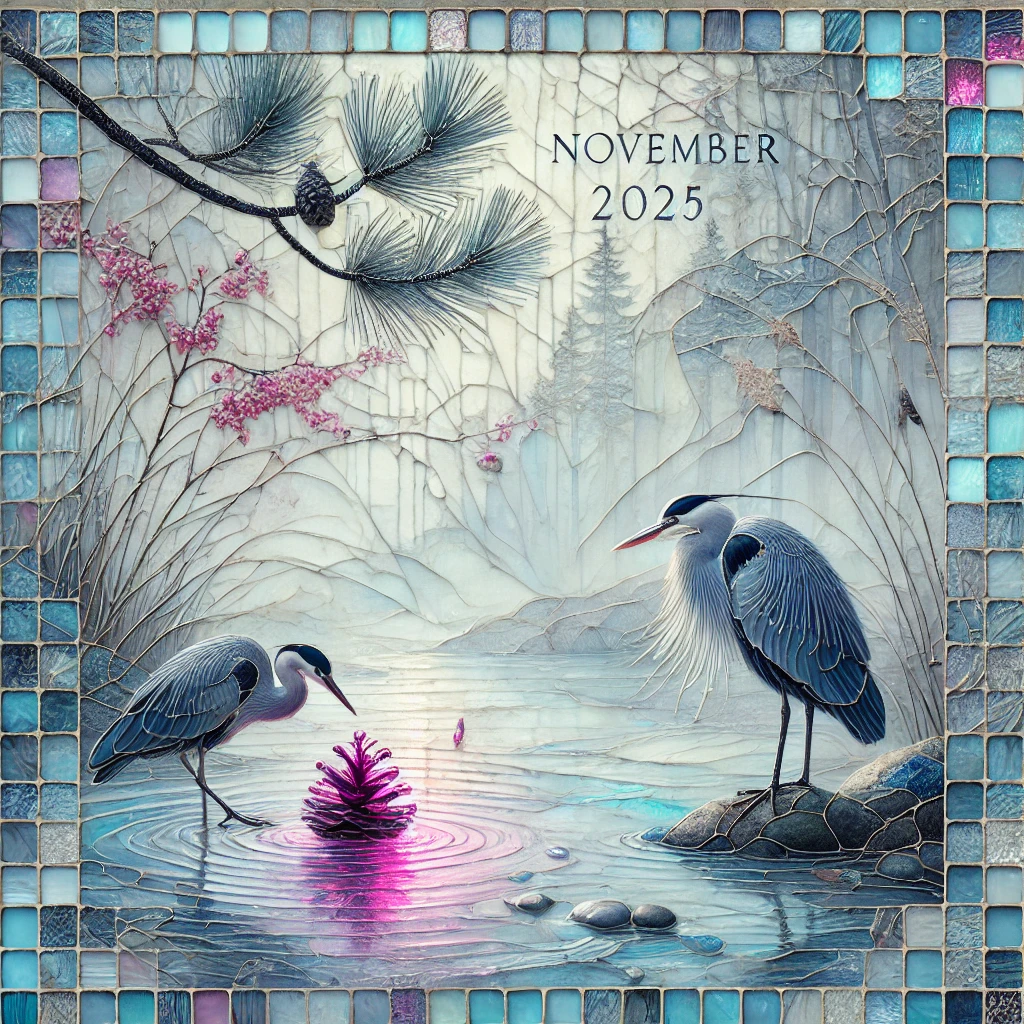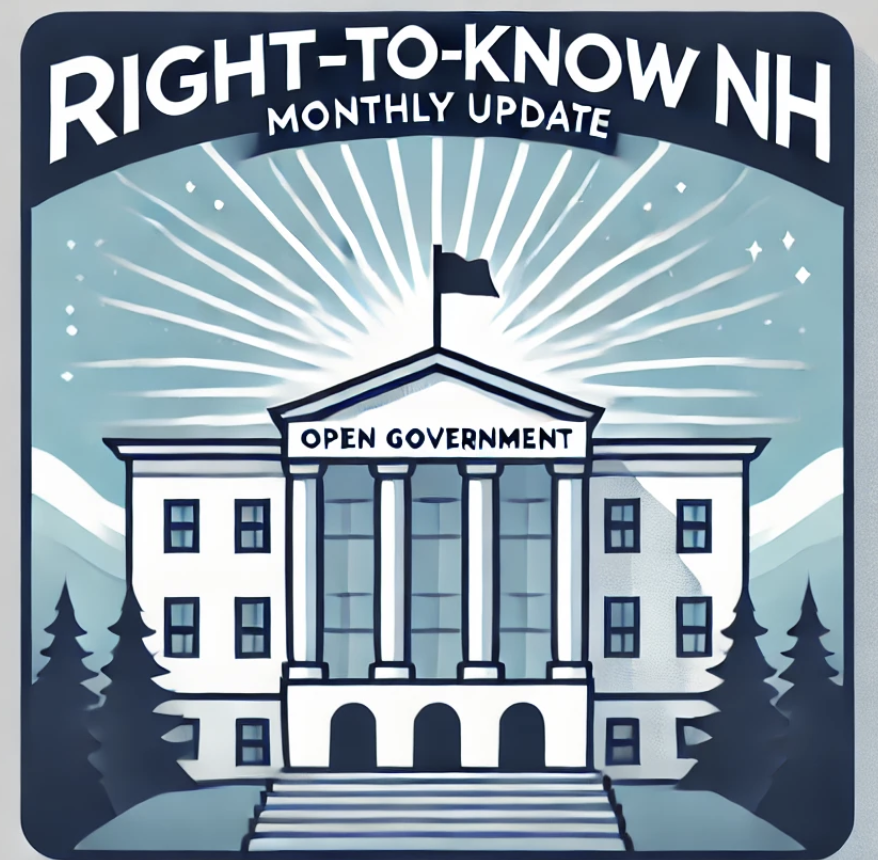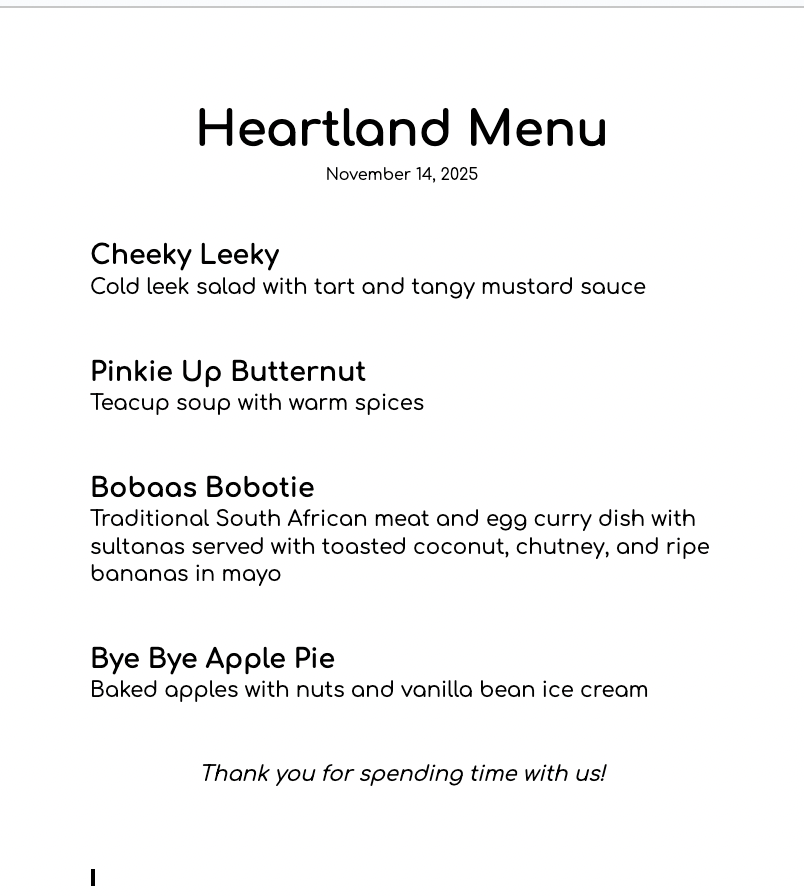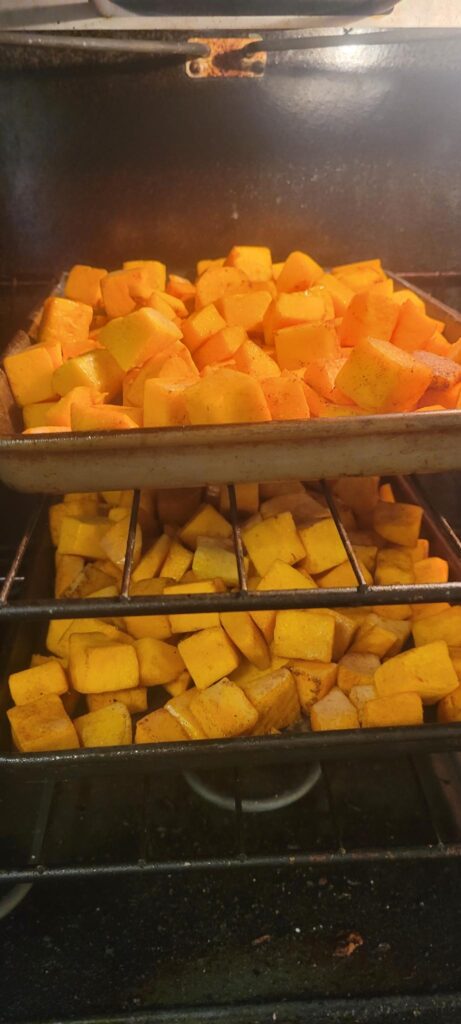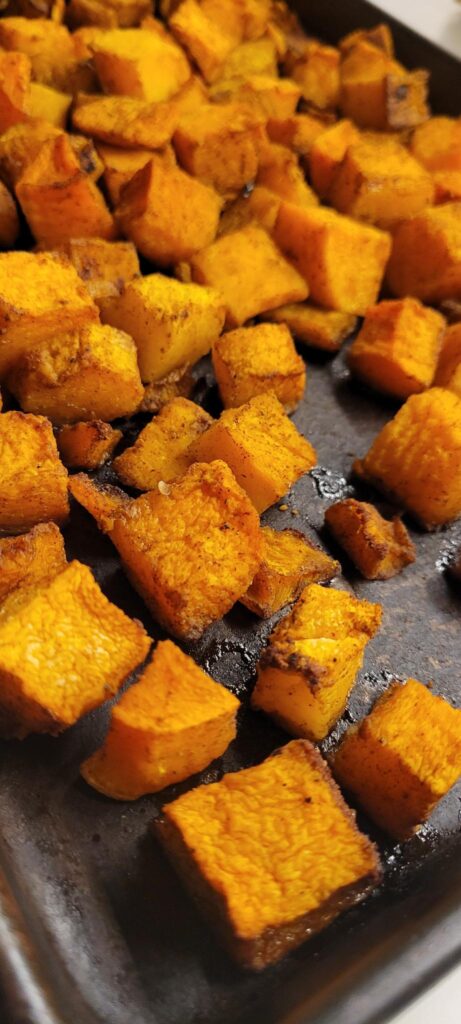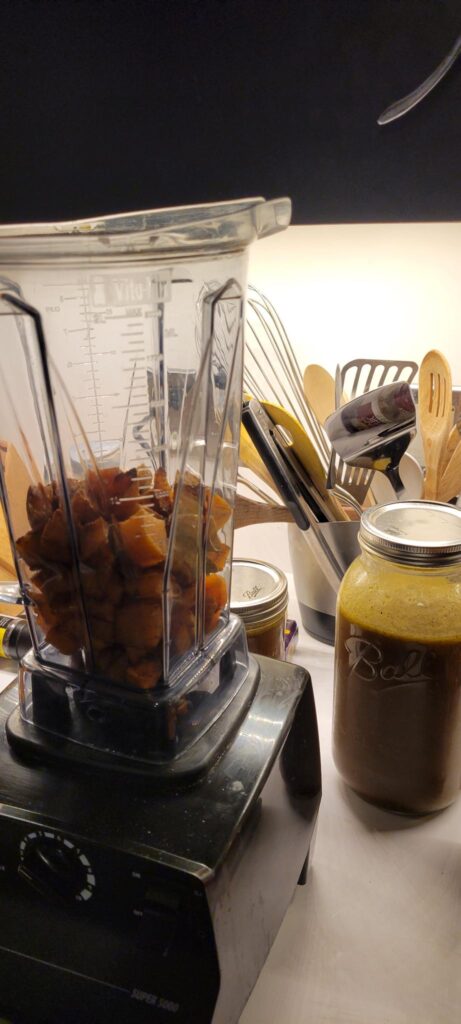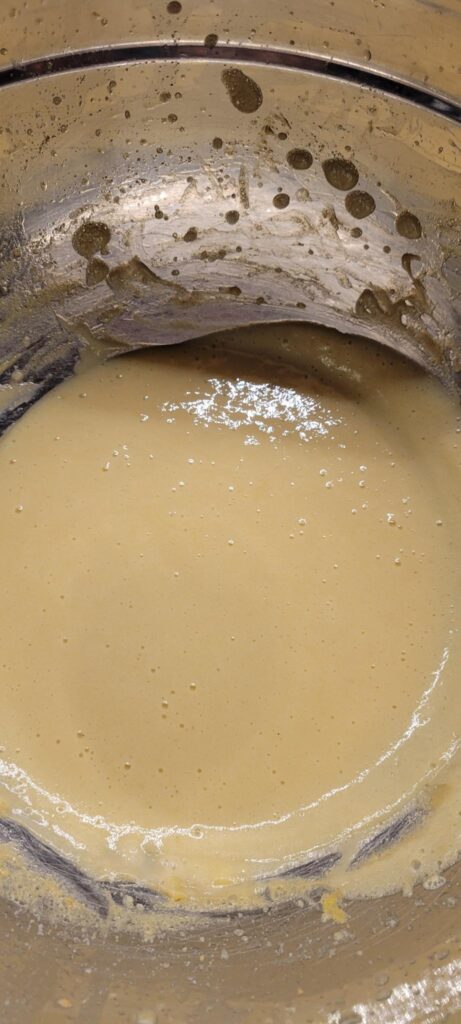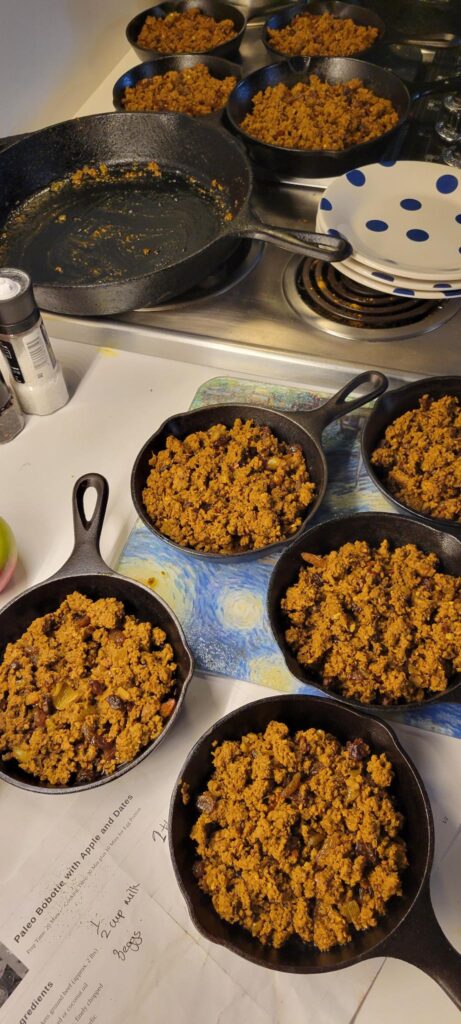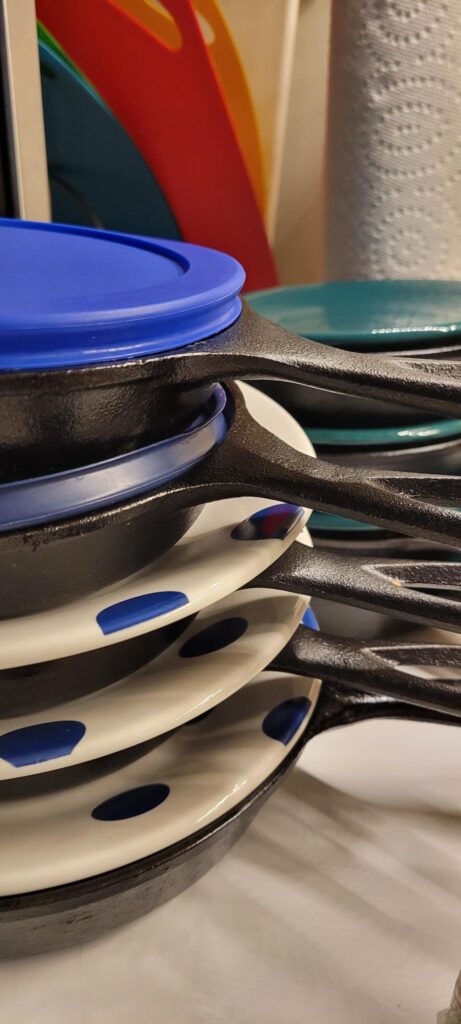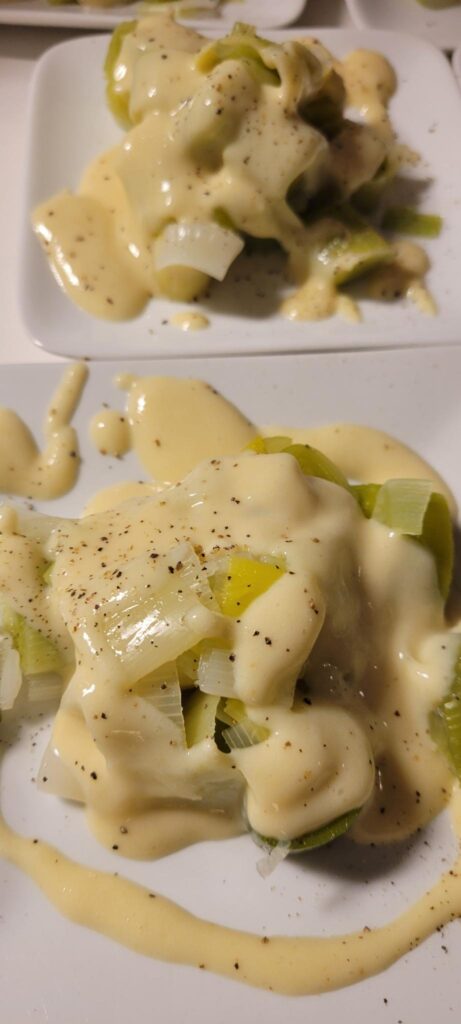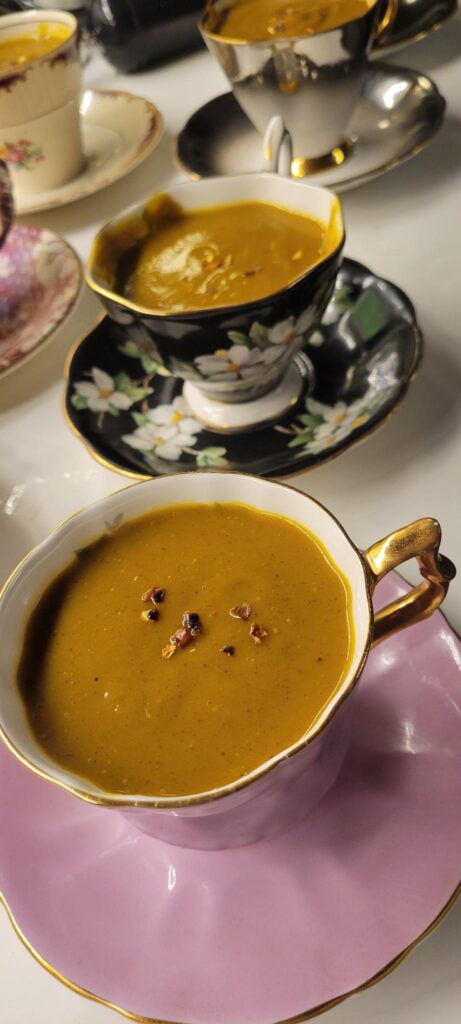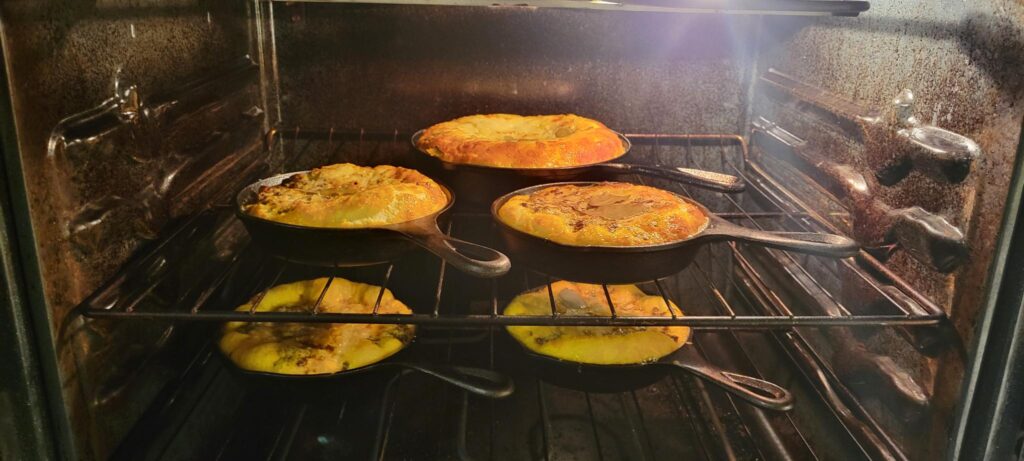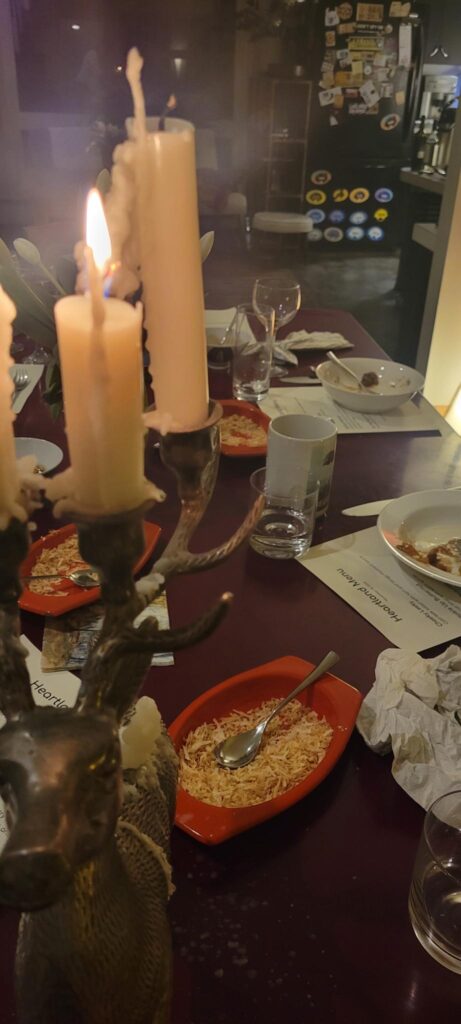Did you catch my Dr. Phil episode yet? I did a SMASHING job!
My Living Experiment
Massie FINALLY Passes a Bill! The Independents w/Carla Gericke https://t.co/fT5DTnIOwM
— Carla Gericke, Live Free And Thrive! (@CarlaGericke) November 19, 2025
My Living Xperiment: Day 321
Manumission Monday at the Inn… shout-out by Chef Tyler about The Jefferson Restaurant–traditional American with a culinary twist (it’s really delish, btw)–and Dennis Pratt tells us a little about the event, and yes, you too can have a splendid life in the Free State! WATCH NOW! Then… MOVE!
Live free in New Hampshire: an adventure for the bold… and raw milk, a barometer for freedom? https://t.co/4VaRFOvBDz
— Carla Gericke, Live Free And Thrive! (@CarlaGericke) November 18, 2025
My Living Xperiment: Day 320
LIVE at the Independence Inn–can't wait to hear about everyone's projects! https://t.co/xLmARerPPQ
— Carla Gericke, Live Free And Thrive! (@CarlaGericke) November 17, 2025
Glad I went! First, what is a “manumission”?
Manumission is the act of a slave owner voluntarily freeing their slave (or slaves). It comes from the Latin words manus (“hand”) and mittere (“to release” or “let go from the hand”), literally meaning “release from ownership.”
Key points:
- It was a formal legal process in ancient Rome, the Americas, the Caribbean, and other slave-holding societies.
- Manumission could happen in several ways:
- By a written document or will (e.g., a slave owner freeing slaves in their testament).
- Through a public ceremony or declaration before officials.
- Sometimes by the slave purchasing their own freedom (self-purchase, often called “buying one’s manumission”).
- Freed slaves were called freedmen (or freedwomen) and were often granted limited citizenship rights (most famously in Rome, where they became part of the “liberti” class).
- In some societies (e.g., Brazil, Cuba, and the Islamic world), manumission was relatively common; in others (e.g., the United States), it was rare and often restricted by law in the decades before abolition.
In modern usage, the word is mostly historical and refers specifically to the legal freeing of enslaved people before general emancipation (such as the Emancipation Proclamation or the 13th Amendment in the U.S., or the Slavery Abolition Act of 1833 in the British Empire).
It’s great to hear what everyone is working on! My takeaway is how to encourage more people to visit the state more regularly. Basically, as I have been saying for years: Be the unofficial Tourism Board for liberty lovers.
I talked about my goal of HYPER-LOCALISM for next year, which for me will be focusing on my “backyard”: My home, The Quill, the West Side parks, my neighbors and neighborhood.
What’s coming up at The Quill? We are adding a podcast studio! And we will be adding daily programming and office hours with more volunteer opportunities as the plan develops. Stay tuned!
Chemtrails, yay or nay? Do you think the weather being the most politicized thing on Earth is an accident? And other musings in my PJs today for 320/365 of My Living Xperiment… https://t.co/Dq9KHiQ3bF
— Carla Gericke, Live Free And Thrive! (@CarlaGericke) November 16, 2025
Ah sorry, my phone crapped out… More on this next time, but my core point is this:
— Carla Gericke, Live Free And Thrive! (@CarlaGericke) November 16, 2025
Who benefits from politicizing the weather?
Why of all things, would the weather BE politicized?
Terms over time:
1891: Rainmaking
1946: Cloud Seeding
1965: Weather Modification
1967:…
WATCH THE TUCKER CARLSON INTERVIEW WITH Dane Wigington NOW…
My take on being too early on too many things: The Mad Woman and the Machine.
Right-to-Know NH Update (and how my dinner party went) https://t.co/filIZtRkMa
— Carla Gericke, Live Free And Thrive! (@CarlaGericke) November 15, 2025
My Living Xperiment: Day 318
Table's set and ready! 4-course South African meal I personally prepared for donors to Liberty in the Free State. Quick 420 Ramble before I jump in the shower! Oof! https://t.co/wJ3vgHLpJK
— Carla Gericke, Live Free And Thrive! (@CarlaGericke) November 14, 2025
No Northern Lights for you! Prepping for 4-course, 9-person dinner tomorrow night (wwwwwhhhhhy??? lol). And wisdoms from the last page of my journal read LIVE here for 317/365 of My Living Xperiment… https://t.co/dztGXEkL5M
— Carla Gericke, Live Free And Thrive! (@CarlaGericke) November 13, 2025
The Independents w/Carla Gericke, the Voice of NH https://t.co/uBf2BiARZS
— Carla Gericke, Live Free And Thrive! (@CarlaGericke) November 12, 2025

